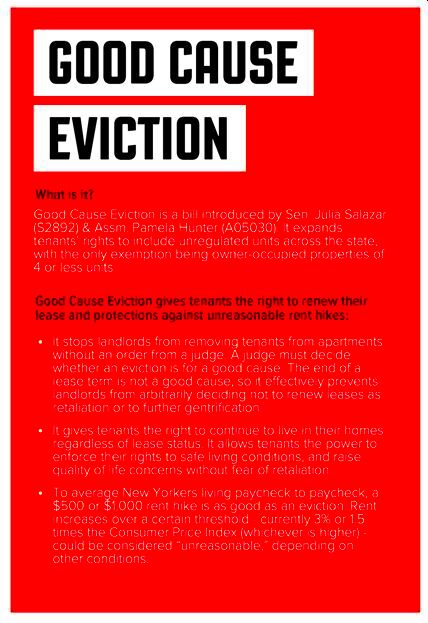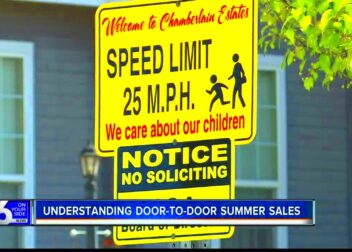What You Should Know About Good Cause Eviction Law Notice
Good cause eviction law provides important protections for tenants facing eviction. It ensures that landlords must have valid reasons to evict tenants rather than doing so arbitrarily. This law varies by state, but the underlying principle is the same: tenants deserve security and stability in their homes. Understanding this law can help tenants know their rights and navigate the eviction process more effectively.
Importance of Good Cause Eviction Notice
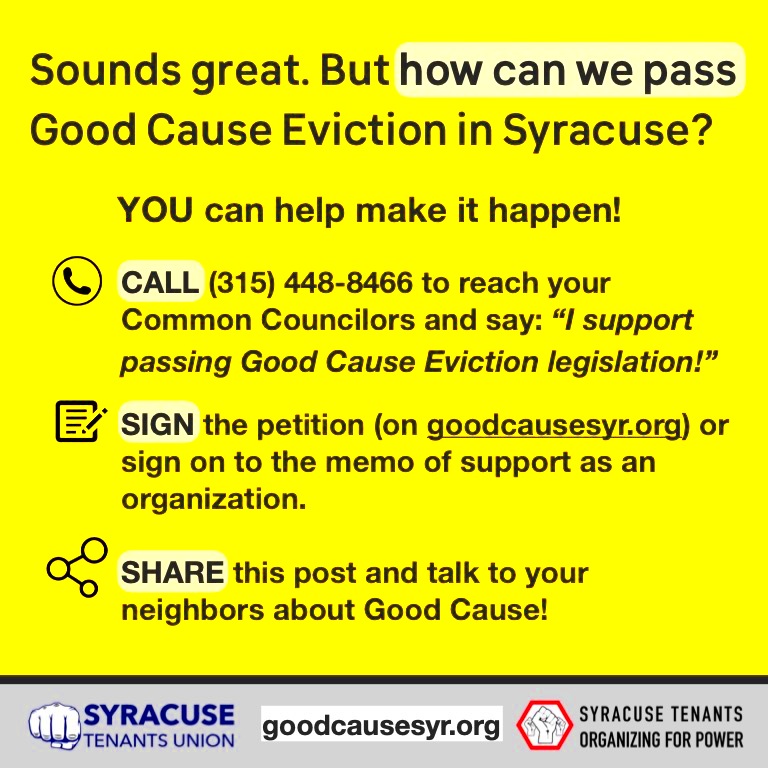
A good cause eviction notice is crucial for both tenants and landlords. Here’s why:
- Protects Tenant Rights: This notice prevents arbitrary evictions and protects tenants from unfair treatment.
- Ensures Transparency: It requires landlords to provide clear reasons for eviction, fostering open communication.
- Legal Compliance: Landlords must adhere to state laws, reducing the risk of legal disputes.
- Encourages Fairness: By outlining valid reasons for eviction, it promotes fairness in rental agreements.
In essence, the good cause eviction notice helps maintain a balanced relationship between landlords and tenants, ensuring that both parties are treated fairly under the law.
Key Elements of Good Cause Eviction Notice
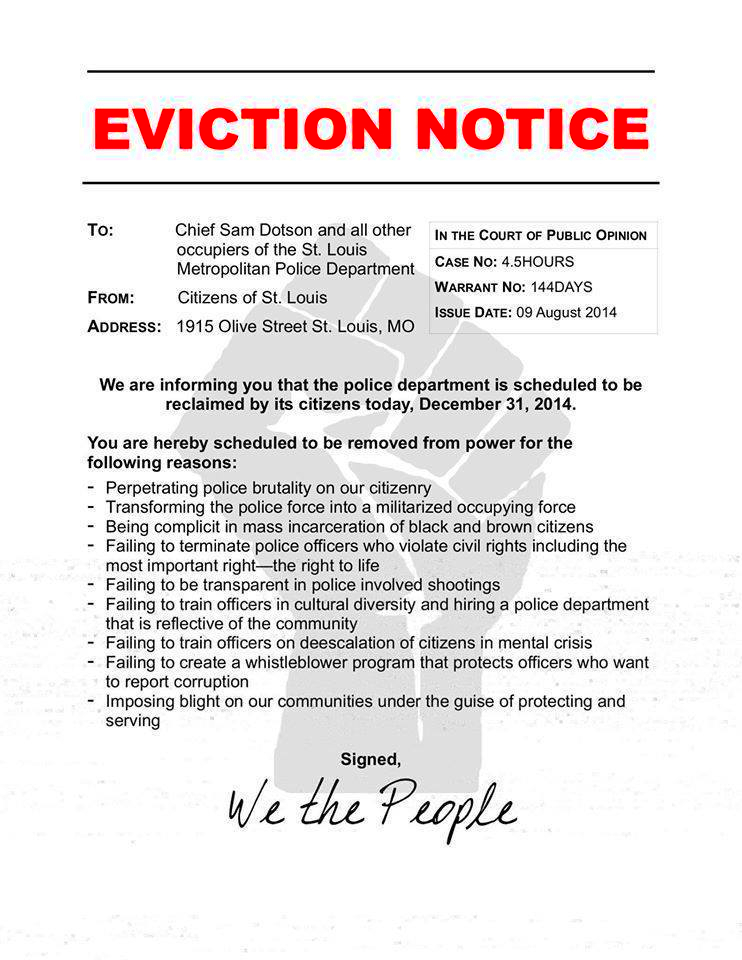
When it comes to good cause eviction notices, certain key elements are essential to ensure they are valid:
- Clear Reason for Eviction: The notice must specify the grounds for eviction, such as non-payment of rent, lease violations, or the landlord’s need for the property.
- Notice Period: States often require a minimum notice period, typically ranging from 30 to 90 days, depending on the reason for eviction.
- Written Format: The notice should be in writing to provide a clear record of the landlord’s intent to evict.
- Delivery Method: Landlords must deliver the notice through legal means, such as certified mail or personal delivery, to ensure the tenant receives it.
Understanding these key elements can help tenants recognize whether an eviction notice is valid and protect their rights in the process.
Tenant Rights Under Good Cause Eviction Law
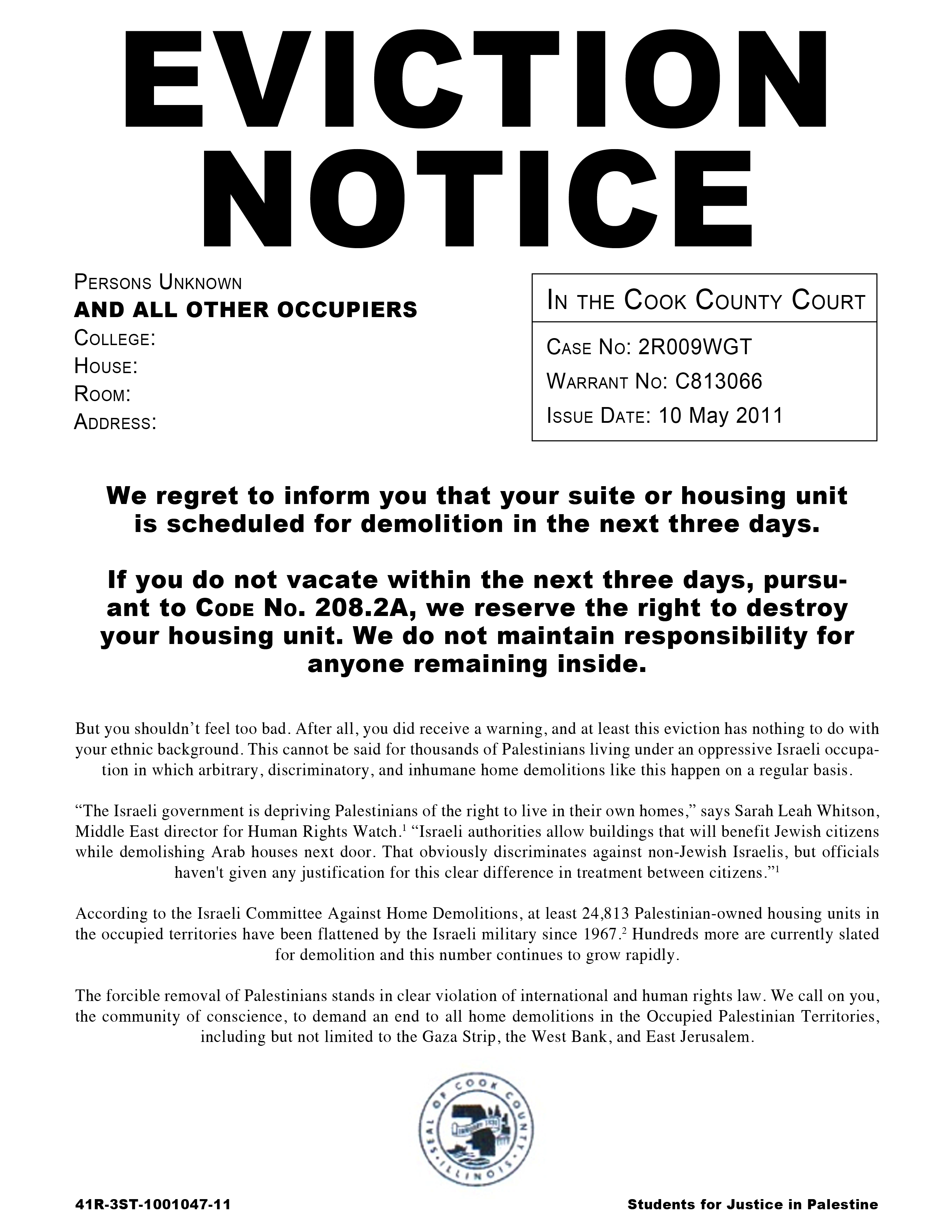
When facing eviction, it’s vital for tenants to know their rights under good cause eviction law. These rights are designed to protect tenants from unfair treatment and ensure they have a voice in the eviction process. Understanding these rights can empower tenants and help them respond appropriately if they receive an eviction notice.
Here are some key rights tenants have under this law:
- Right to Receive a Valid Notice: Tenants must receive a written eviction notice that states the specific reasons for the eviction.
- Right to a Fair Hearing: If a tenant contests the eviction, they have the right to a court hearing where they can present their side of the story.
- Right to Contest the Eviction: Tenants can challenge the eviction if they believe it’s unjust or based on improper reasons.
- Protection Against Retaliatory Evictions: Tenants cannot be evicted for asserting their rights, such as reporting health or safety issues.
Knowing these rights helps tenants take action when necessary and can often lead to better outcomes in difficult situations.
Landlord Responsibilities Regarding Eviction Notice
Landlords have specific responsibilities when issuing an eviction notice under good cause eviction law. Understanding these responsibilities is crucial for both landlords and tenants, as it helps maintain fair practices in the rental market.
Here are the primary responsibilities landlords must uphold:
- Provide a Clear Reason: Landlords must include valid reasons for eviction in the notice, such as failure to pay rent or lease violations.
- Follow Notice Period Requirements: Landlords must adhere to state laws regarding the amount of notice they must provide before evicting a tenant.
- Deliver Notice Properly: The eviction notice should be delivered in a legally acceptable manner, ensuring the tenant receives it.
- Avoid Self-Help Evictions: Landlords cannot forcibly remove a tenant or change locks without going through legal procedures.
By fulfilling these responsibilities, landlords can help ensure a smoother eviction process while minimizing the risk of legal disputes.
Common Reasons for Good Cause Eviction
Good cause eviction law outlines specific reasons that can justify eviction. Understanding these reasons can help tenants and landlords alike navigate the eviction process more effectively.
Here are some common grounds for good cause eviction:
- Non-Payment of Rent: If a tenant fails to pay rent on time, this is one of the most common reasons for eviction.
- Lease Violations: Repeated violations of lease terms, such as having unauthorized pets or guests, can lead to eviction.
- Property Damage: Causing significant damage to the rental property may be grounds for eviction.
- Illegal Activities: Engaging in illegal activities on the property, such as drug use or distribution, is a valid reason for eviction.
- Landlord’s Personal Use: In some cases, landlords may need the property for personal use, such as moving in themselves or family members.
By knowing these common reasons, tenants can understand the circumstances that could lead to eviction and take proactive steps to address any issues that arise.
How to Respond to a Good Cause Eviction Notice
Receiving a good cause eviction notice can be stressful, but knowing how to respond can help you navigate this challenging situation. Your response can influence the outcome and protect your rights as a tenant. Here are some steps you can take if you receive an eviction notice:
- Read the Notice Carefully: Take time to understand the reasons stated for your eviction. This will help you determine your next steps.
- Know Your Rights: Familiarize yourself with tenant rights in your area. This knowledge can empower you to respond effectively.
- Gather Evidence: If you believe the eviction is unjust, collect any documents or evidence that support your case, such as payment receipts or correspondence with your landlord.
- Communicate with Your Landlord: Reach out to your landlord to discuss the notice. Sometimes, misunderstandings can be resolved through open communication.
- Consider Legal Help: If the situation escalates, consider seeking legal advice from a tenant rights organization or an attorney.
Responding thoughtfully to an eviction notice can make a significant difference, so take the time to evaluate your options and act accordingly.
Legal Options for Tenants Facing Eviction
If you find yourself facing eviction, it’s essential to know your legal options. Depending on your situation, several avenues may be available to protect your rights and housing. Here are some options to consider:
- Negotiate with Your Landlord: Sometimes, discussing your situation with your landlord can lead to a solution, such as a payment plan or extended timeline.
- File a Response in Court: If you believe the eviction is unjust, you can file a response in court to contest the eviction. Be sure to do this within the timeframe stated in the eviction notice.
- Seek Legal Aid: Many organizations provide free or low-cost legal assistance to tenants facing eviction. They can guide you through the legal process and help you understand your rights.
- Request a Hearing: If your state allows, you can request a hearing to present your case in front of a judge. This is an opportunity to defend your rights and provide evidence against the eviction.
- Explore Relocation Assistance: Some areas offer programs to assist tenants in finding new housing or financial aid for relocation expenses.
Understanding these legal options can empower you to take proactive steps and increase your chances of a favorable outcome.
Frequently Asked Questions
When it comes to good cause eviction notices, many tenants have common questions. Here are some frequently asked questions to help clarify your concerns:
| Question | Answer |
|---|---|
| What is a good cause eviction notice? | A good cause eviction notice is a legal document that specifies valid reasons for evicting a tenant, ensuring that the eviction is based on justifiable grounds. |
| How much notice do I get before eviction? | The notice period varies by state, typically ranging from 30 to 90 days, depending on the reason for the eviction. |
| Can I contest an eviction? | Yes, tenants have the right to contest an eviction by filing a response in court or communicating with their landlord to resolve the issue. |
| What should I do if I receive an eviction notice? | Read the notice carefully, understand your rights, gather evidence, and consider reaching out to your landlord or seeking legal assistance. |
| Can my landlord evict me for reporting problems? | No, landlords cannot evict tenants for asserting their rights or reporting health and safety issues. This is considered a retaliatory eviction, which is illegal. |
Having answers to these questions can help ease your concerns and guide you through the eviction process.
Conclusion
Understanding good cause eviction laws is crucial for both tenants and landlords. Tenants must know their rights and the proper steps to take when faced with an eviction notice. By being informed, they can respond effectively and explore their legal options to protect their homes. On the other hand, landlords have responsibilities to ensure fair treatment and transparency in the eviction process. By adhering to the legal requirements, they can maintain a respectful and professional relationship with their tenants. Ultimately, clear communication and awareness of the law can lead to better outcomes for everyone involved, fostering a fair rental market.
